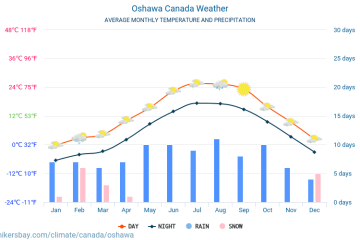Donald Trump and Canada’s Evolving Political Landscape
Introduction
The relationship between Canada and the United States has long been characterized by intertwined economies, cultural ties, and shared values. However, Donald Trump’s presidency introduced a new dynamic to this relationship, raising questions about trade agreements, immigration policies, and international diplomacy. With the 2024 U.S. presidential election approaching, the implications of Trump’s potential return have significant relevance for Canadians and their government.
Impact of Trump’s Policies
During his administration from 2017 to 2021, Trump implemented several policies that affected Canada directly. The renegotiation of NAFTA led to the United States-Mexico-Canada Agreement (USMCA), which has been praised by some for its modernization of trade regulations but criticized by others for various concessions. Issues such as tariffs on aluminum and steel and the ongoing tensions around softwood lumber have remained focal points in U.S.-Canada trade relations. In recent months, Canada has expressed concern over a possible resurgence of these protectionist measures under Trump’s leadership, should he win the upcoming election.
Public Opinion and Canada’s Response
Public opinion in Canada regarding Trump has fluctuated since his first term. Many Canadians view his policies as a threat to national interests, particularly those related to climate change, immigration, and social justice. President Joe Biden’s approach to these issues has garnered more support among Canadians, creating a growing sympathy for political leaders who align with Biden’s vision. Furthermore, Canadian Prime Minister Justin Trudeau’s government has made efforts to differentiate its policies from those associated with Trump, focusing on multilateralism and international cooperation.
Conclusion
The potential return of Donald Trump to the presidency poses a significant question mark for Canadian policymakers and citizens alike. Continued trade disputes, climate action, and U.S. immigration patterns will shape Canada’s responses and strategies. As the political landscape evolves with the upcoming elections, Canadians will be looking closely at how their country navigates this crucial relationship. Observers and analysts predict that Canada must prepare for the possibility of renewed tensions and continue to advocate for its interests amidst the shifting political tides in the U.S.









